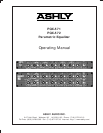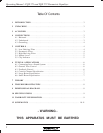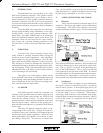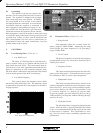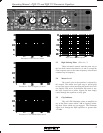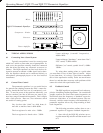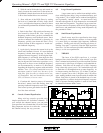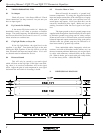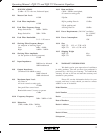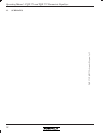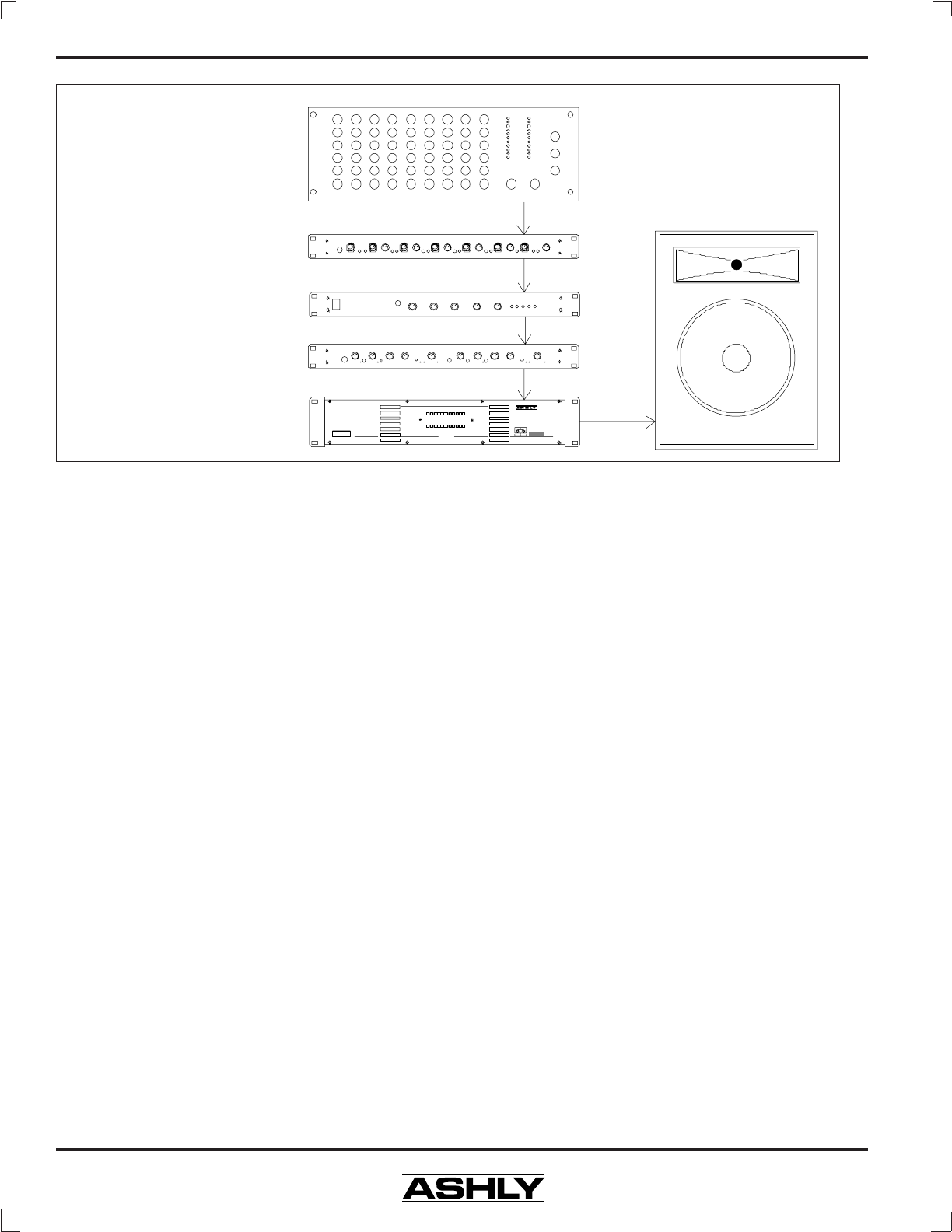
Operating Manual - PQX 571 and PQX 572 Parametric Equalizer
6
Mixer
PQX 571 Parametric Equalizer
Crossover
Power Amplifier
Compressor - Limiter
Typical Sound System Design
6. TYPICAL APPLICATIONS
6.1 Connecting Into a Sound System
Typically an equalizer is used in a sound system
which has a mixer or some other sort of preamplifier. In
such cases, the equalizer normally should be connected
after the mixer but before any electronic crossovers or
limiters. The PQX equalizers are line level devices de-
signed to operate at nominal +4 dBu signal levels; there-
fore, the equalizer should not be connected directly to
microphones, phonograph players or low level musical
instruments.
6.2 General Tone Control
The parametric equalizer is a very useful device
for general tone shaping because the filter’s center fre-
quency, bandwidth and level are all continuously vari-
able. To use the power of the equalizer effectively, you
need to translate your idea of the tone you want to pro-
duce into a range of numerical frequencies. This is simple
after a little practice. Here are a few references which
are useful for starting points:
Very low bass (the “wind” in a kick drum, al-
most felt as much as heard -40Hz-80Hz.
The low register of a male voice - 200Hz
The low register of a female voice - 350Hz
Lower midrange (“warmth” frequencies) -
400Hz-1KHz
Upper midrange (“harshness”, snare drum “bite”,
“hot” sound) -2.5KHz-4KHz.
Sibilance (“sss” sounds, cymbal “sizzle”) - 8KHz-
15KHz.
Try using these starting points as a guide when
you want more or less of these types of sounds. Adjust
by ear from there. It is always a good idea to remember
that a little equalization usually works out much better
than a lot, and that there are many audio problems which
cannot be solved with equalization alone.
6.3 Feedback Control
The PQX equalizers are powerful tools when ap-
plied to eliminating feedback problems. On a traditional
graphic equalizer, the fixed filter center frequencies are
insufficient when the frequency of feedback occurs be-
tween two slide faders, or is extremely narrow. The con-
tinuously variable center frequency and bandwidth of a
parametric equalizer allows very sharp notching of feed-
back frequencies.
The following procedure outlines how to use a
parametric equalizer to suppress feedback frequencies:
1. Start with all the PQX EQ switches out ex-
cept the master EQ switch in and the master Level
at 0.



